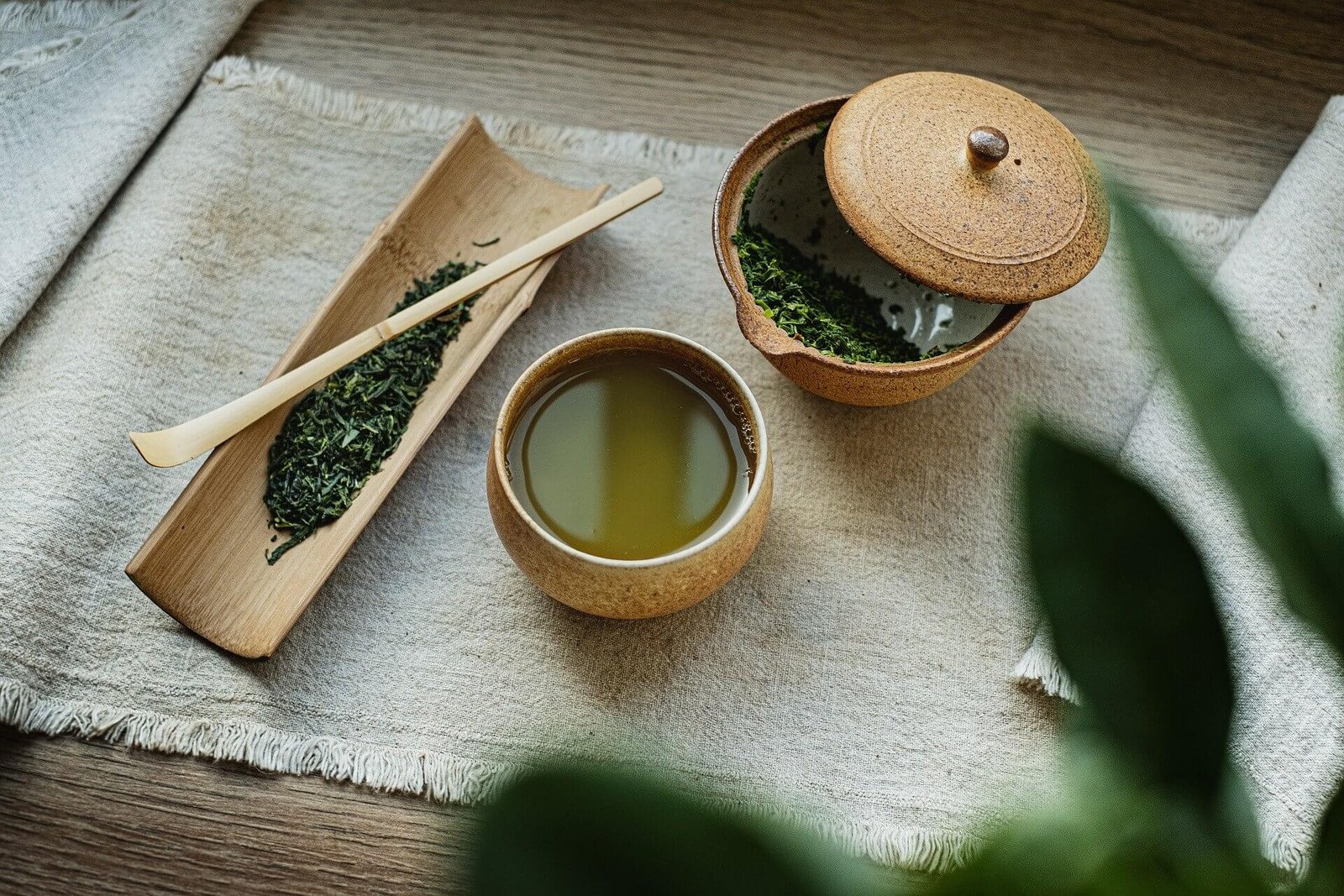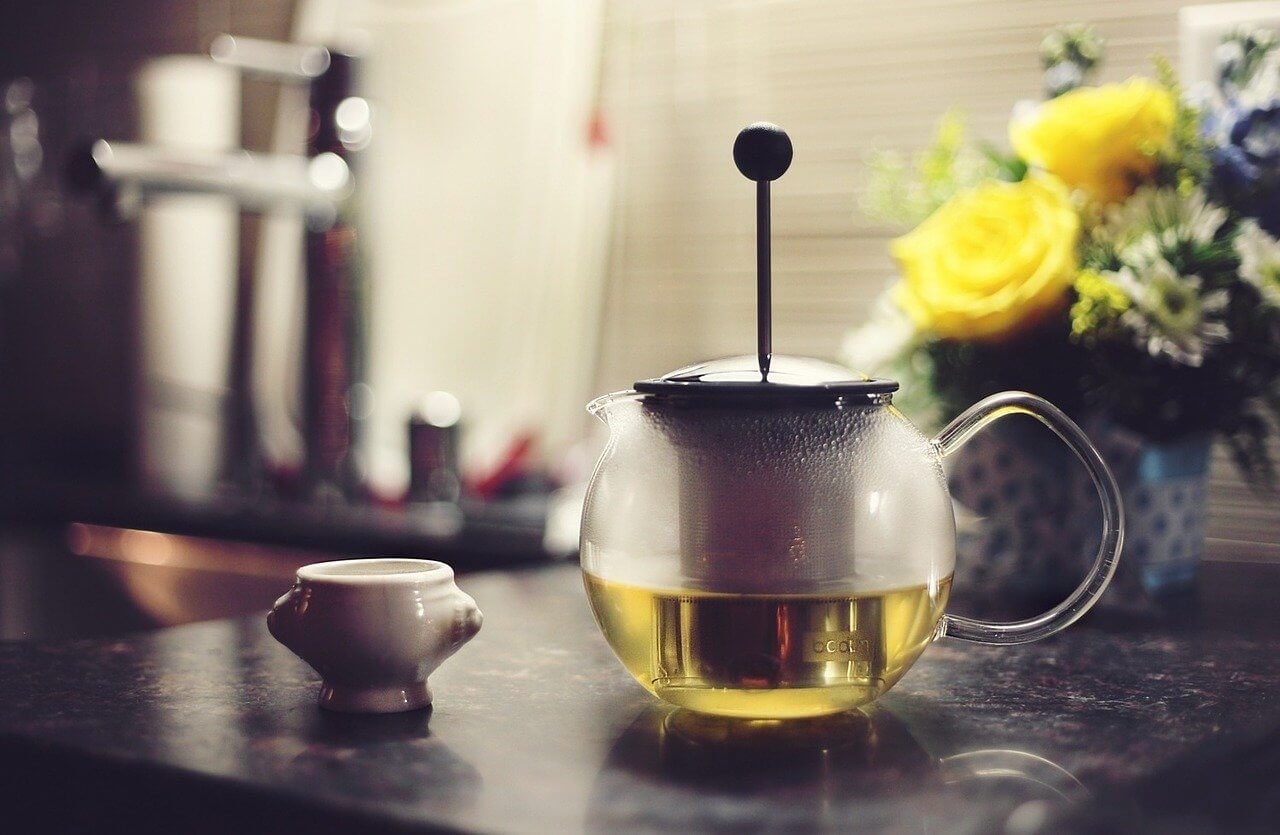Green tea benefits and 3 reduced risk of cancer
 Is green tea good for your health?
Is green tea good for your health?
It is considered one of the healthiest beverages on earth. It has numerous health benefits due to its antioxidant content. It contains catechins, antioxidants that may even prevent damage to cells. Catechins are concentrated in green tea because it isn’t processed much before it reaches your cup. The leaves of it are derived from the Camellia Sinensis plant, as with all other nonherbal teas.
However, it is less processed than black or oolong (wulong) teas, because it is steamed-dry. Among the reasons why its health benefits are believed to derive from its delicate processing methods is that they contain nutrients and antioxidants. Chinese and Japanese medical practices have historically utilized green tea in their treatments. However, no one food can protect you from disease. No matter how much you drink, you still need to take care of yourself in other ways, such as not smoking, staying active, and eating a balanced diet.
Health Benefits

Chinese and Indian traditional medicine use green tea to control bleeding, heal wounds, improve digestion, improve heart and mental health, and regulate body temperature. There are studies proving that green tea is beneficial for weight loss, liver diseases, type 2 diabetes, Alzheimer’s disease, and other diseases like:
It may help to prevent cancer

Some cancer rates are lower in countries where green tea consumption is high. Yet, there is no consistent evidence supporting this claim in human studies. Mixed results have been found in studies on green tea and cancer. However, it has been proven to help cells grow at any stage. Although research has revealed that it may prevent cancer cells, it is still relatively early in its development, so you shouldn’t count on green tea to prevent it. It is a powerful antioxidant.
Studies have linked green tea compounds with a reduced 3 risk of cancer, including:
- Cancer of the breast. Women who drank the greenest tea had approximately a 20–30% lower risk of developing breast cancer, one of the most common cancers in women, according to a comprehensive review of observational studies.
- Cancer of the prostate. The results of one study found that men who drink green tea are at lower risk for advanced prostate cancer.
- Cancer of the colon. Green tea drinkers had a 42% lower risk of getting colorectal cancer in an analysis of 29 studies.
It is evident from several observational studies that green tea drinkers have a lower risk of developing several types of cancer. However, more high-quality research is required to confirm these effects. Based on the results of numerous human studies, a limited amount of evidence exists that drinking tea might reduce the overall risk of cancer.
Weight loss

According to several studies, green tea catechins and caffeine may help to increase energy metabolism, which may promote weight loss. The evidence isn’t sufficient to prove that people who are overweight or obese will lose weight.
However, the extract may help, according to research. You can lose weight by following a healthy, balanced diet and exercising regularly. If you add green tea to your diet, it may help, but do not count on it as a miracle remedy. Additional evidence must be gathered before concluding that these possible health benefits exist.
May Enhances the function of the brain
You can also boost your brain function, which doesn’t just keep you awake. An active ingredient in this product is caffeine, a well-known stimulant. While the content isn’t as high as coffee, it’s enough to get the aid of a response without producing the jittery effects sometimes associated with too much caffeine.
There are multiple studies that show that caffeine can enhance a variety of brain functions, including mood, vigilance, and memory. Caffeine is not the only compound in green tea that boosts brainpower. Additionally, it contains L-theanine, which can cross the blood-brain barrier. L-theanine and a little caffeine in green tea work together to give you a milder buzz than coffee. Users report having more consistent energy and being more productive than coffee drinkers.
Help reduce cardiovascular disease risk
The most common cause of death worldwide is cardiovascular disease, including heart disease and stroke. Studies show that tea may also help lower high blood pressure. You can improve your heart health by drinking green tea while taking blood pressure medications like beta-blockers, so drink moderately if you take them. Taking large quantities of it can interact with these medications, especially if taken in supplemental form.
Rituals to Reduce Stress

It contains a chemical called theanine, which can help you relax. Taking a break from your work is perhaps the biggest benefit that you get right away. The next time you want to make a cup, follow these steps:
- It should not be added to boiling water. Catechins, healthy chemicals, are negatively affected by them. The water temperature should be between 160° and 170°.
- Citrus is a great addition. Catechins are absorbed better when vitamin C is present. However, dairy makes it harder for them to be absorbed.
- It contains a variety of nutrients. It is sold at higher prices and usually has more caffeine, while canned drinks usually have less.
Possible side effects and risks
Among adults, it is generally associated with few side effects.
Despite this, the following complications and risks need to be considered:
- sensitivity to caffeine. It may cause insomnia, anxiety, irritability, nausea, or nausea after it has been consumed by people with high caffeine sensitivity.
- Damage to the liver In rare cases, high concentrations of the extract may have a negative impact on liver health.
- Other stimulants If a person drinks along with stimulants, their heart rate, and blood pressure are likely to increase.
Outlook
A variety of health benefits can be obtained from green tea. Make it a regular part of your life if you want to feel better, lose weight, and reduce your risk of chronic diseases.



